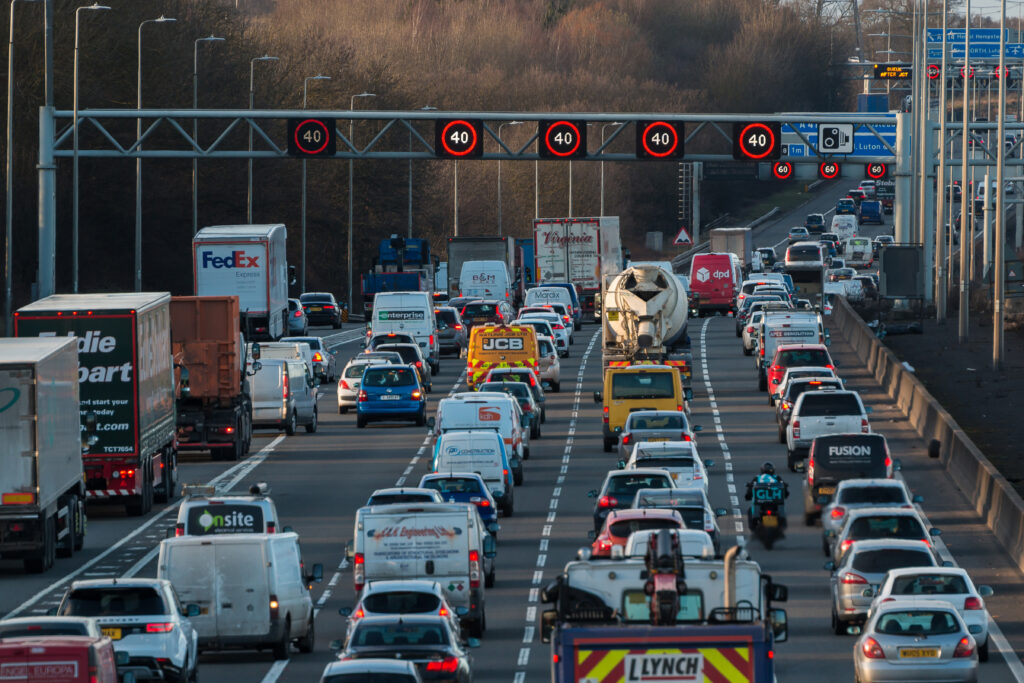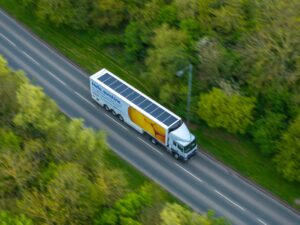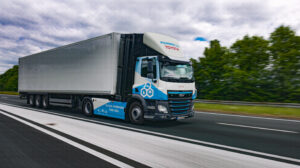Introduction of E10 petrol could save 750 kilotons of carbon a year – equivalent to taking 350,000 cars off our roads
Today’s announcement that E10 petrol is to be introduced from September 2021 is a significant step towards the decarbonisation of existing cars in the UK, on the way to our 2050 net-zero target.
With so much of the focus on future rapid electrification and the end of the sale of new petrol and diesel cars in 2030, it’s easy to forget that there are already over 19 million petrol-powered cars in the UK, with 1.2 million newly registered in 2020 alone.
Introducing E10 petrol can immediately cut greenhouse gas (GHG) emissions from these vehicles by 750 kilotons – the same as removing 350,000 cars from our roads.
As the name suggests, E10 petrol consists of up to 10% renewable ethanol from sustainable crops or waste products. This move means less fossil fuel is needed, reducing the well-to-wheel CO2 emitted into the atmosphere, helping us protect the environment and meet climate change targets.
Every new petrol car manufactured since 2011 is designed to use E10, and the vast majority since 2000, so almost every driver can start using this more climate-friendly fuel without any concerns. However, a small number of older vehicles, classic cars and motorbikes may not be compatible. For these, use the Government’s E10 vehicle checker at: www.gov.uk/check-vehicle-e10-petrol
.
Andy Eastlake, Zemo Partnership’s Managing Director, said: ‘With over 95% of the petrol cars on our roads able to run using E10 petrol, introducing this as our standard fuel is one of the most effective ways we can significantly cut our carbon emissions at a stroke, with no e. We effort or inconvenience to motorists.
‘While Zemo Partnership’s priority is to accelerate transport to zero emissions, we are very aware that this cannot happen overnight. Switching to E10 petrol and other renewable fuels as quickly as possible is a highly effective strategy for lowering our overall carbon emissions as fast as possible during the transition to zero.’




